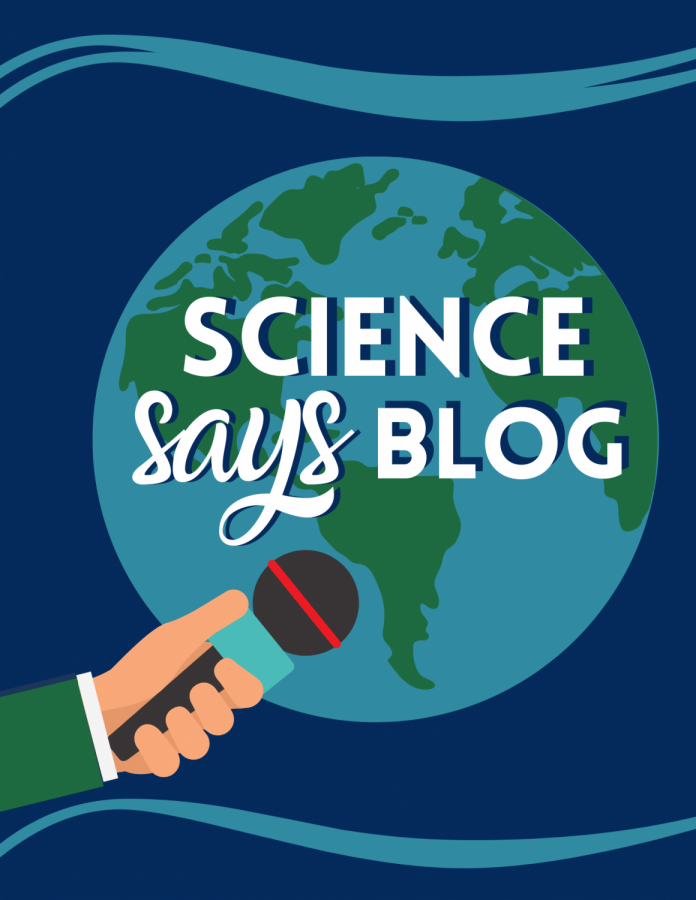Science Says: Don’t Fall For Greenwashing
December 12, 2020
Ever seen a company touting all the ways they supposedly save the planet and sustainably source their goods? Ever fallen for one of these claims? Unfortunately, you may have fallen victim to greenwashing.
The Cambridge Dictionary defines greenwashing as a marketing tactic designed to trick consumers into thinking they are purchasing from an ethical, sustainable brand, when in reality, they are not.
But firstly, one must define what constitutes a sustainable brand in the first place. Sustainability fundamentally means that one — in this case, a company — can do or create something without compromising the ability to do or create that thing in the future. When a company engages in greenwashing, they pretend they can continue manufacturing without impacting the planet and ability to manufacture in the future.
Ironically, the companies who engage in greenwashing tend to spend more money on advertising their sustainability rather than actually taking steps to be sustainable. This misleading marketing ploy is a relatively new phenomenon, spurred in part by growing public awareness of climate change and individuals’ effects on the planet.
One of the most prominent — and egregious — examples of greenwashing comes from Volkswagen, the car manufacturer. Volkswagen often advertises their low-emission, environmentally-friendly cars; however, Volkswagen has also admitted to using a special device that can recognize when cars are undergoing emissions testing and lower the car’s emissions accordingly, resulting in Volkswagen cars emitting 40x the allowed limit.
In most cases, though, companies’ violations are less obvious, making it challenging to spot and regulate greenwashing. Most of the challenges stem from the lack of consistent legal definitions for common words companies use to mislead, such as “eco-friendly,” “green” or “organic.”
Take, for example, H&M’s marketing campaign for Conscious, a clothing line the brand began in 2019. H&M claims that Conscious clothes are “sustainable” and “green,” but according to the tags, most of the clothing is made of “100% organic cotton.” This poses the impossible-to-answer question: does 100% organic cotton qualify as “green?” No one knows, because “green” has no set definition. Therefore, to some consumers, Conscious clothing might very well qualify as “green.” But for many others (such as the ones who know about the copious amount of water needed to manufacture cotton), Conscious clothing does not qualify, resulting in a broad, confusing gray area and definitions that vary from consumer to consumer.
Fashion companies do not act alone in greenwashing, either; describing a food product as “natural” or “all-natural” is equally meaningless, as governments have not offered standards for what natural or all-natural means or requires from a company. These empty words make it so incredibly easy for companies to trick their consumer bases and avoid getting in trouble with the law.
So, next time you see a brand advertising their “sustainable” t-shirts or “green” sweatpants, remain wary. The clothes may not be as environmentally friendly as companies want you to believe.
















